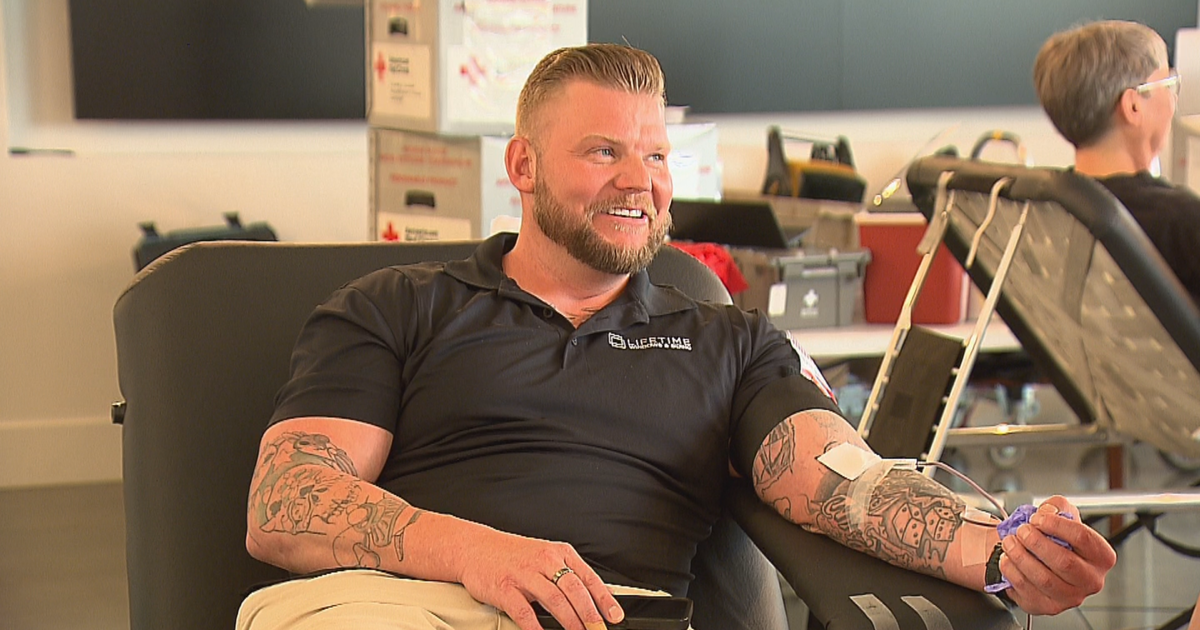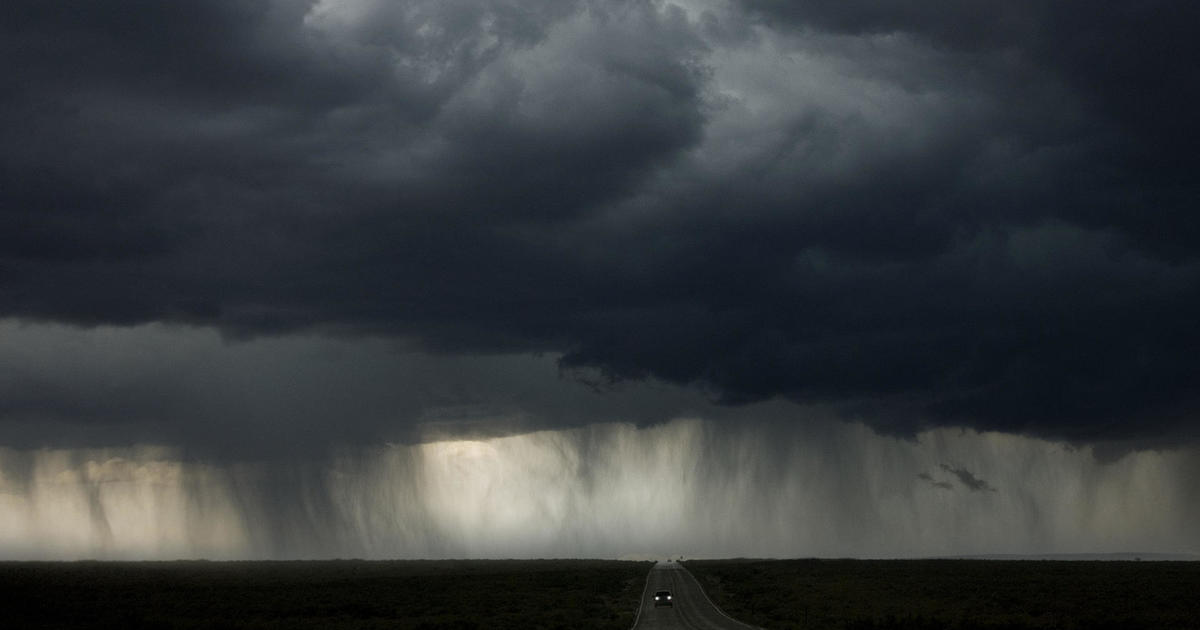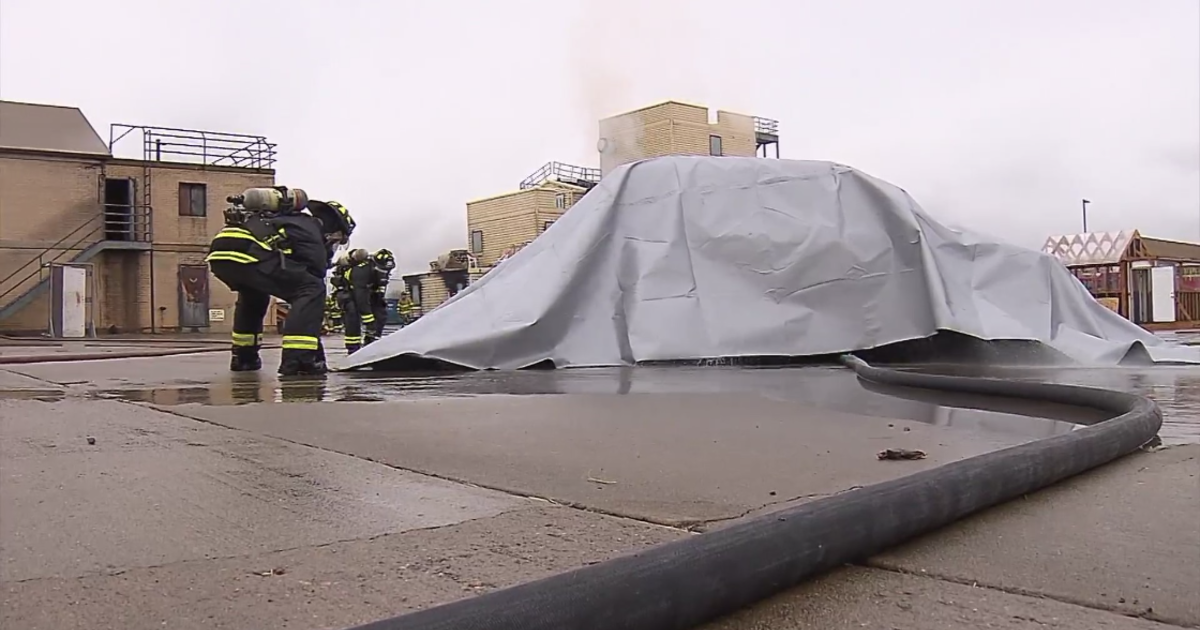Protect Yourself During Spring & Summer Storms
DENVER (CBS4)- Spring and summer are the time for rainstorms and thunderstorms in the Denver metro area and there are ways to stay safe.
Denver Public Works has a reminder that floods caused by rain can happen anywhere with flood waters rising gradually or flash floods striking suddenly. Water's powerful force can easily overtake vehicles and people.
Safety tips for driving in heavy rain:
- If you must drive through water, drive slowly and steadily.
- Six inches of water will reach the bottom of most passenger cars, causing loss of control or possible stalling; One foot of water will float most vehicles.
- Two feet of rushing water can sweep away most vehicles — including SUVs and pick-ups.
- Avoid driving in water that downed electrical or power lines have fallen into; the electric current passes through water easily.
Safety tips for walking or cycling on urban trails:
- When rain is falling, it's best not to walk or bike near a river or stream, even on Denver's paved urban bike and walking trails; water flow can quickly increase and flooding can occur without notice.
- Move to higher ground and never go into a culvert! If you are on a streamside trail during a rainstorm use the alternate trail up to street level to avoid underpasses and culverts.
- Never allow children to play around streams, drainage ditches or viaducts, storm drains or flooded areas.
Localized street flooding:
- In some areas that are geographical low-points and underpasses, water can't be expected to disappear down the storm inlets instantly - the pace and volume of the rainfall is too quick and too great to immediately drain off. It takes time for the system to accommodate it.
- If you know that your street tends to flood because it is located in a low point, be sure to move your vehicles to higher ground.
What you can do to help prevent flooding:
- To help prevent flooding in Denver neighborhoods, residents should ensure that gutters are clear of trash or recycling containers, lawn clippings and yard debris.
- Flooding can also be prevented by cleaning up litter, branches or any other loose items that could potentially interfere with storm water drainage on the street.
- Do not rake leaves, grass clippings or yard debris into the street or put them down an inlet or throw them into a gulch or stream.
- Avoid placing trash and recyclables in bags or containers directly on drains and inlets. When rain is predicted avoid placing your trash and recycling out for collection until the storm has passed
Downed power lines/cables:
- Stay clear of downed lines and report them immediately to Xcel Energy at 1-800-895-1999.
- If a traffic signal is out due to the storm, remember to treat every signal as an all-way stop.
Natural gas line damage:
If you smell natural gas (the odor is similar to sulfur or rotten eggs), it may indicate a gas leak. Immediately leave your home or outside area with gas odor, then call Xcel Energy at 1-800-895-2999 to report your concern.
Downed branches:
If a tree limb is broken on a public right-of-way, citizens are asked to contact Denver forestry to assess damage and tree safety. Property owners are responsible for the cleanup and care of the public right of way trees adjacent to their properties. For trees on private property, citizens can click here for a list of licensed and insured tree care contractors.



